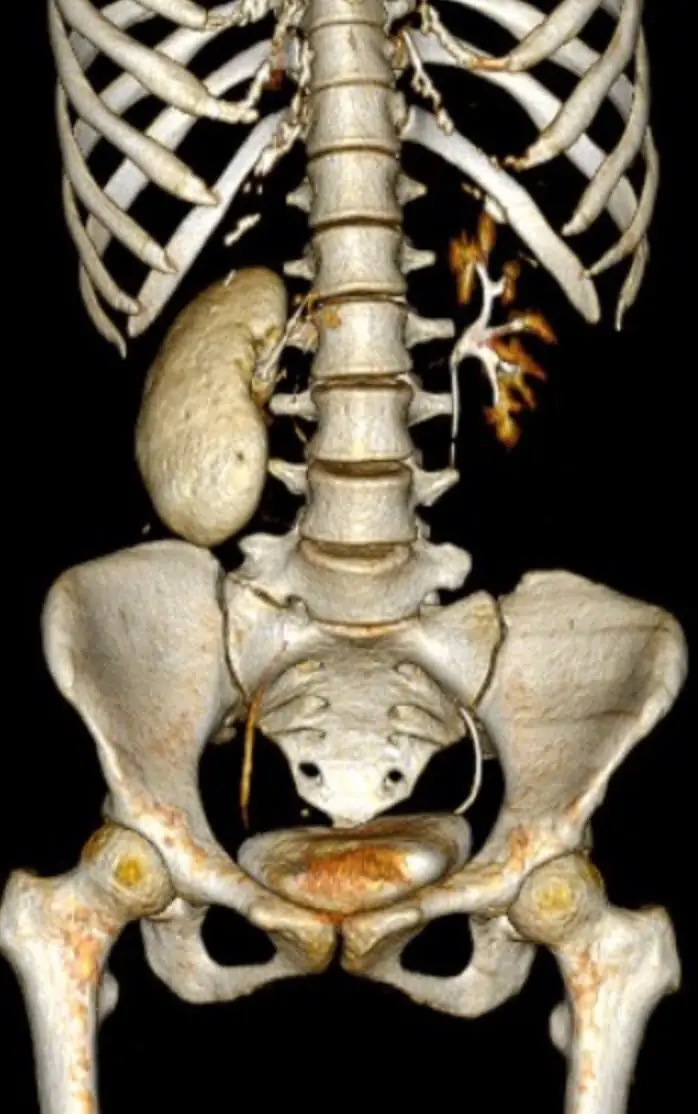
Mouth ulcers that did not heal for three months, went to the hospital for examination and discovered can:cer
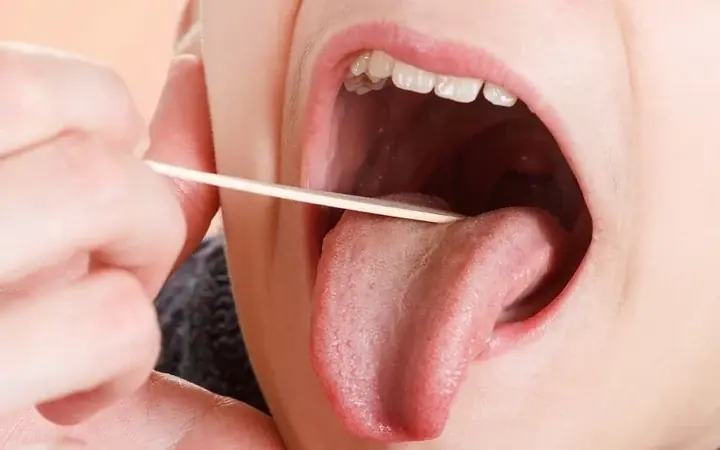 .
.Persistent Mouth Ulcer for Three Months Turns Out to Be Cancer: What You Need to Know
Introduction
A mouth ulcer that does not heal within a few weeks can be a warning sign of a serious underlying condition, including oral cancer. Many people overlook persistent sores in the mouth, attributing them to minor injuries or infections, which can delay timely diagnosis and treatment. This article explores the story of a patient who had a non-healing mouth ulcer for three months before seeking medical care, only to discover it was oral cancer. We will also discuss risk factors, symptoms, diagnosis, treatment options, and the importance of early detection.
What Is Oral Cancer?
Oral cancer refers to malignant tumors that develop in the tissues of the mouth or throat. It includes cancers of the lips, tongue, cheeks, floor of the mouth, hard and soft palate, sinuses, and pharynx. The most common type is squamous cell carcinoma, accounting for over 90% of oral cancers.
Why Do Mouth Ulcers Sometimes Indicate Cancer?
A mouth ulcer is a common lesion that may result from trauma, infections, or systemic diseases. Usually, these ulcers heal within one to two weeks. However, an ulcer that persists beyond two to three weeks without improvement requires urgent medical evaluation to exclude malignancy.
Cancerous ulcers tend to be:
-
Persistent: Do not heal or recur repeatedly.
-
Painless or mildly painful: Early lesions may not cause significant pain, leading to neglect.
-
Irregular or raised edges: Unlike common ulcers, cancerous lesions may have uneven margins.
-
Bleeding: They may bleed easily on contact.
-
Associated with other symptoms: Such as difficulty swallowing, numbness, or unexplained weight loss.
Case Example: Three Months of Persistent Ulcer
In this case, the patient noticed a small ulcer on the inside of the cheek that initially seemed harmless. Without pain or significant discomfort, the patient delayed seeking medical advice. After three months, with no sign of healing and the ulcer possibly enlarging or becoming tender, the patient visited a healthcare facility.
Risk Factors for Oral Cancer
Several factors increase the risk of developing oral cancer, including:
-
Tobacco use: Smoking cigarettes, cigars, pipes, or chewing tobacco is the single most significant risk factor.
-
Alcohol consumption: Heavy drinking synergistically increases risk when combined with tobacco use.
-
Human papillomavirus (HPV) infection: Certain strains of HPV are linked to oropharyngeal cancers.
-
Poor oral hygiene: Chronic irritation and infections may predispose to cancer.
-
Sun exposure: Prolonged exposure can cause lip cancer.
-
Age and gender: Mostly occurs in people over 40 and is more common in men.
Diagnostic Process
When a non-healing ulcer is presented, the following diagnostic steps are typically taken:
-
Clinical examination: Assessment of the ulcer’s size, location, texture, and associated lymph nodes.
-
Biopsy: A tissue sample is taken from the lesion to confirm the presence of cancer cells.
-
Imaging: CT scans, MRI, or PET scans may be used to determine the extent and spread of the cancer.
-
Blood tests: To assess overall health and organ function before treatment.
Treatment Options
Treatment depends on the stage and location of the cancer but generally includes:
-
Surgery: Removal of the tumor with a margin of healthy tissue. In advanced cases, reconstructive surgery may be required.
-
Radiation therapy: Targeted radiation to destroy cancer cells, often used after surgery or when surgery is not possible.
-
Chemotherapy: Drugs that kill cancer cells, used alone or with radiation.
-
Targeted therapy and immunotherapy: Newer treatments aimed at specific cancer pathways or boosting the immune system.
Importance of Early Detection
Early-stage oral cancer has a much higher cure rate compared to advanced stages. When detected early, treatment is often less aggressive and results in better functional and cosmetic outcomes. Regular dental checkups and prompt evaluation of any suspicious lesions are critical.
Prevention Tips
-
Avoid tobacco in all forms.
-
Limit alcohol consumption.
-
Maintain good oral hygiene.
-
Protect lips from excessive sun exposure.
-
Eat a balanced diet rich in fruits and vegetables.
-
Seek regular dental care and report any persistent mouth sores immediately.
Conclusion
A persistent mouth ulcer lasting three months or more should never be ignored. It may represent oral cancer, a serious and potentially life-threatening condition. Awareness, timely medical consultation, and early diagnosis are essential to improve survival and quality of life. If you or someone you know has a non-healing sore in the mouth, please consult a healthcare professional without delay.
News in the same category


Can overly hot baths harm your heart and circulation?

7 signs of brain c.a.ncer that are easily confused with other diseases

4 Things to Avoid After 5 PM to Lower Your Risk of Stro.ke
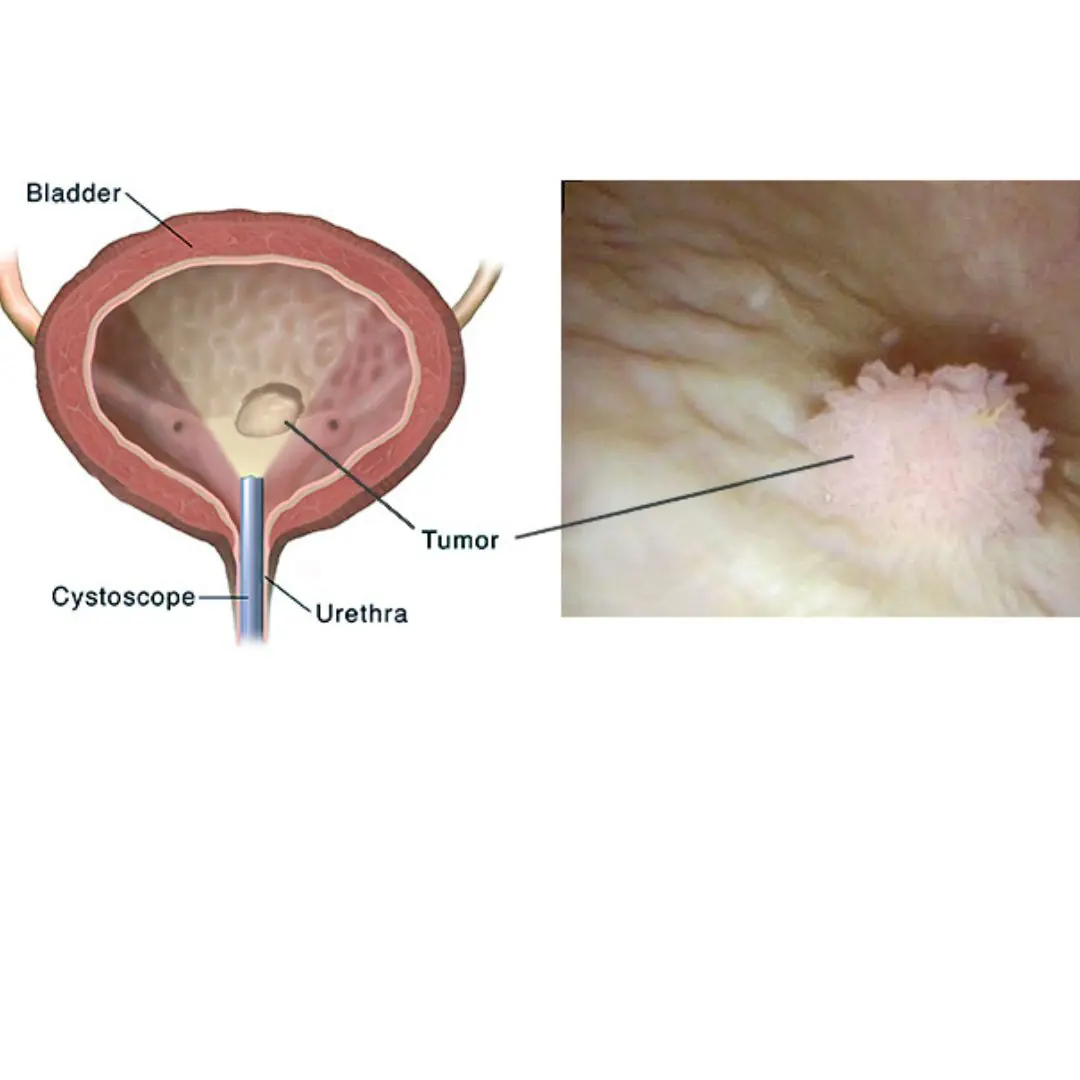
Bladder Ca.ncer: Symptoms You Shouldn’t Ignore
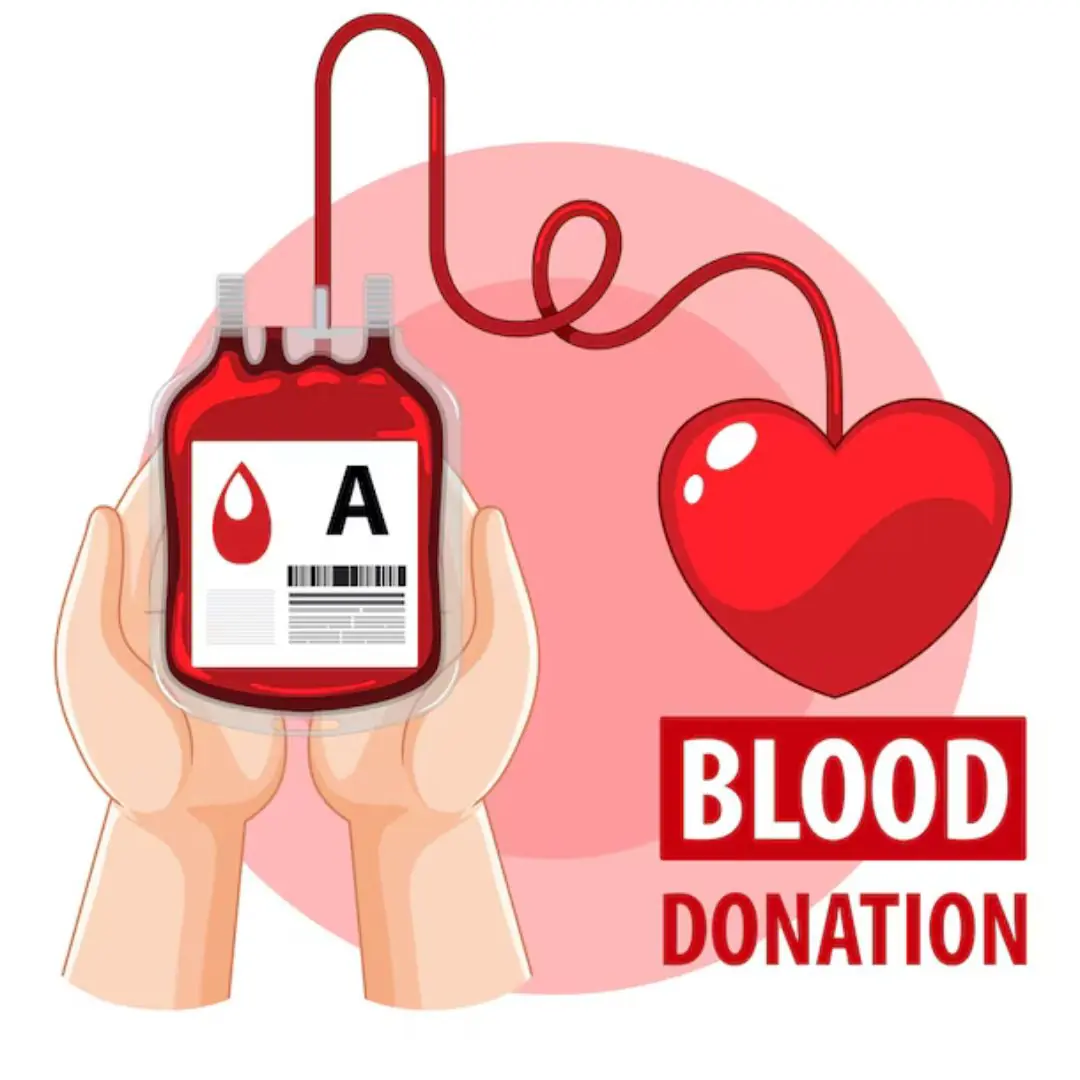
The Surprising Benefits of Donating Bl.o.od
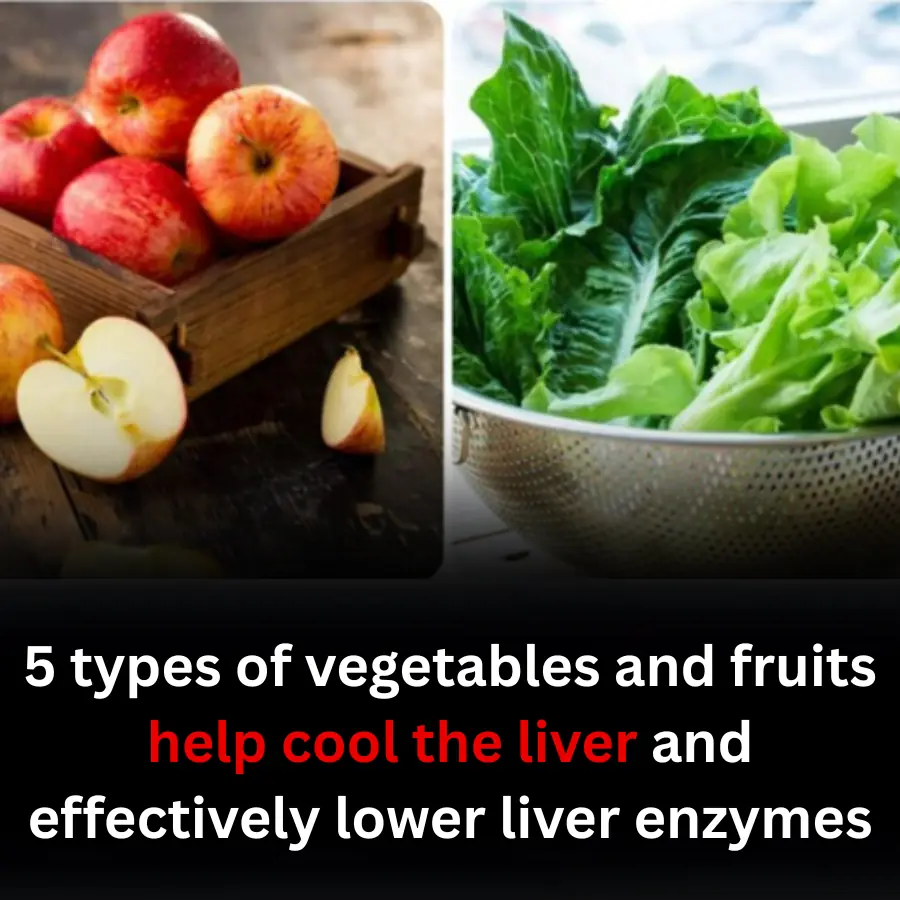
5 types of vegetables and fruits help cool the liver and effectively lower liver enzymes

Woman Sudden Kidney Failure After Meal: Doctor Says “This Vegetable Is Poisonous… You Shouldn’t Eat It”

3 Critical Mistakes You Must Never Make with a Stro.ke Victim — Regret Won’t Undo the Damage
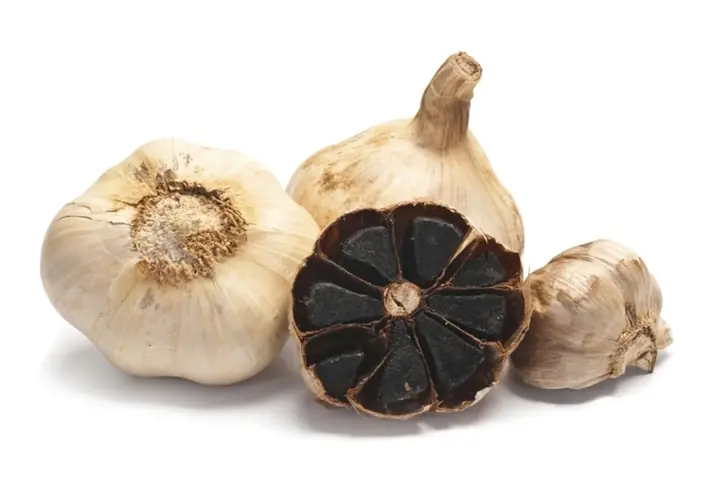
Shocking Truth: Black Garlic Isn’t for Everyone — 5 Types of People Who Should Avoid or Limit It Immediately

5 Early Warning Signs Your Body May Be Signaling Can.cer — See a Doctor Before It’s Too Late

Who should not drink soy milk? 6 things to remember
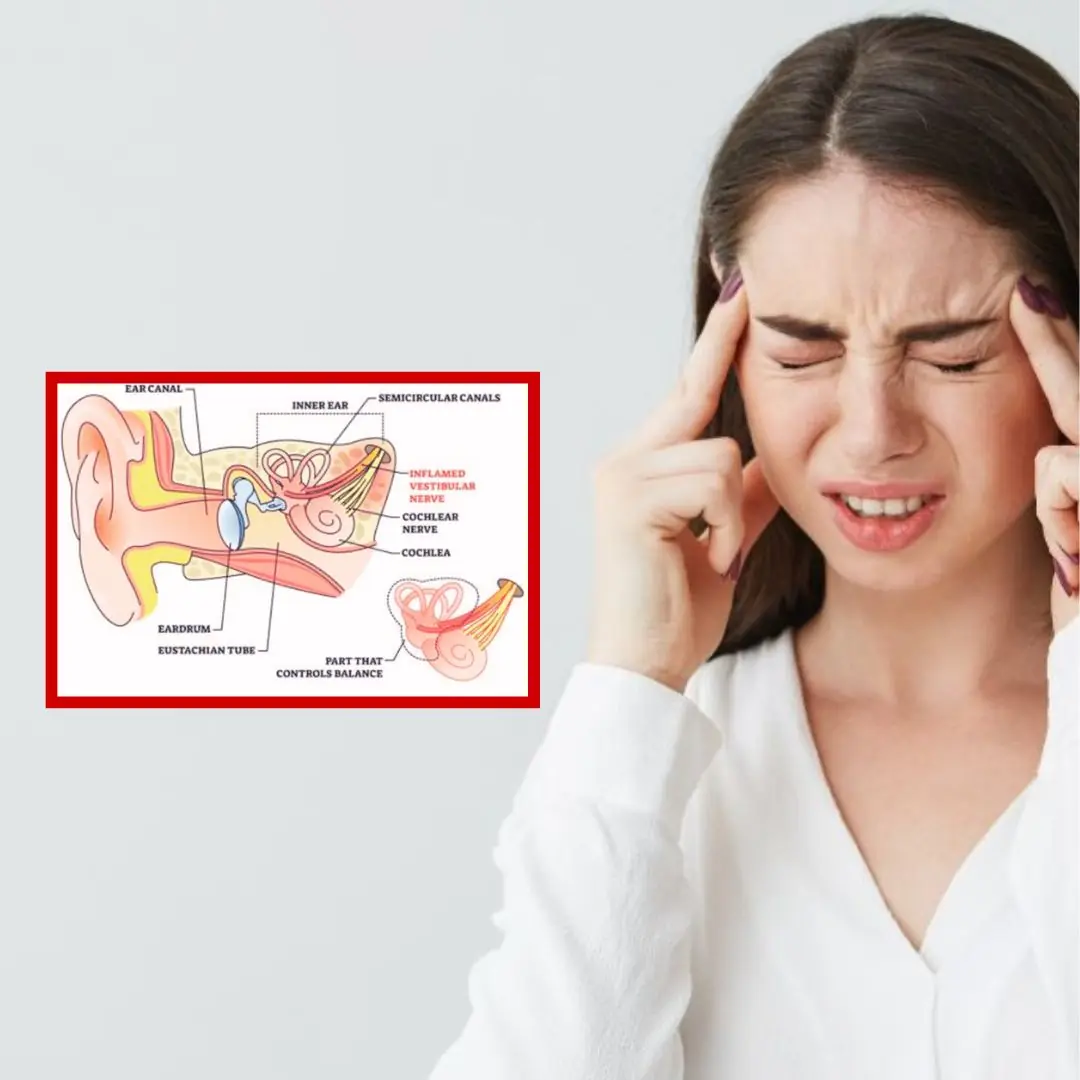
Understanding Vestibular Disorders: Causes, Symptoms, and How They're Treated
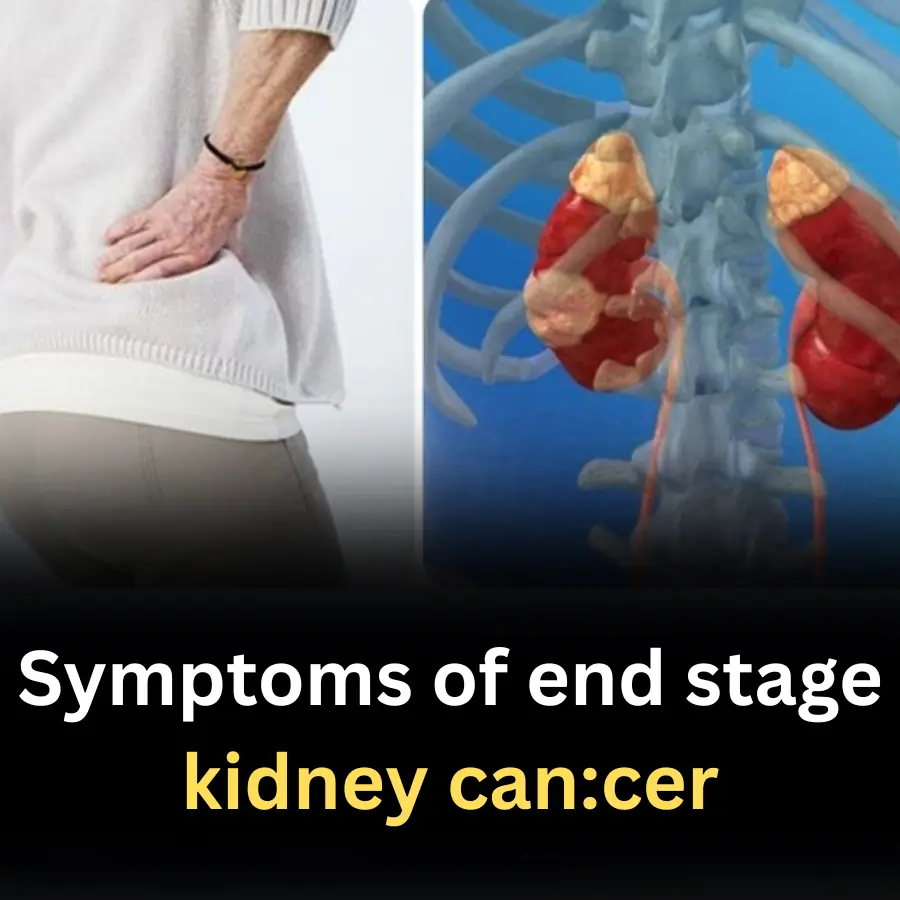
Symptoms of end stage kidney can,cer

4 best vegetables to help prevent canc.er

This fruit is extremely high in starch but helps reduce blood sugar and prevent 5 types of can.cer

These 3 “Frugal” Habits Are Actually Selling Out Your Health

Types of cooking oils that are good for the heart
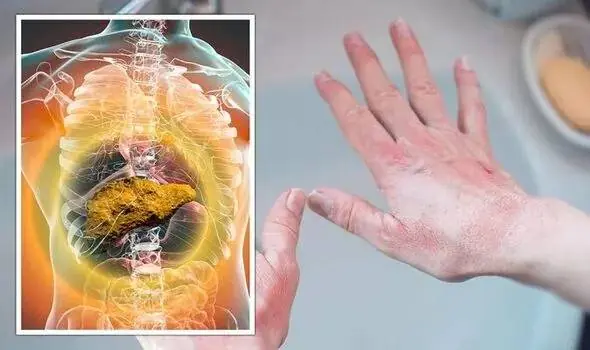
When Your Li.ver Is “Drenched” in Fat, Your Body Sends 5 Nighttime Warnings

Man Diagnosed with Kid.ney Failure from 3 "Tasty" Foods
News Post

Doctor Urges 4 Actions to Protect Your Body’s "Blo.od Filter"

6 Smart Tips for Choosing Quality Honey Sellers Don’t Want You to Know

Can overly hot baths harm your heart and circulation?

7 signs of brain c.a.ncer that are easily confused with other diseases

4 Things to Avoid After 5 PM to Lower Your Risk of Stro.ke

Doctors Warn: This Common Way of Eating Boiled Eggs Can Clog Your Arteries
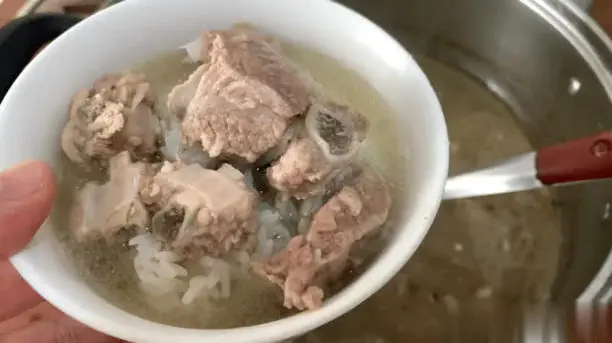
Blanch Bones First or Simmer Directly?
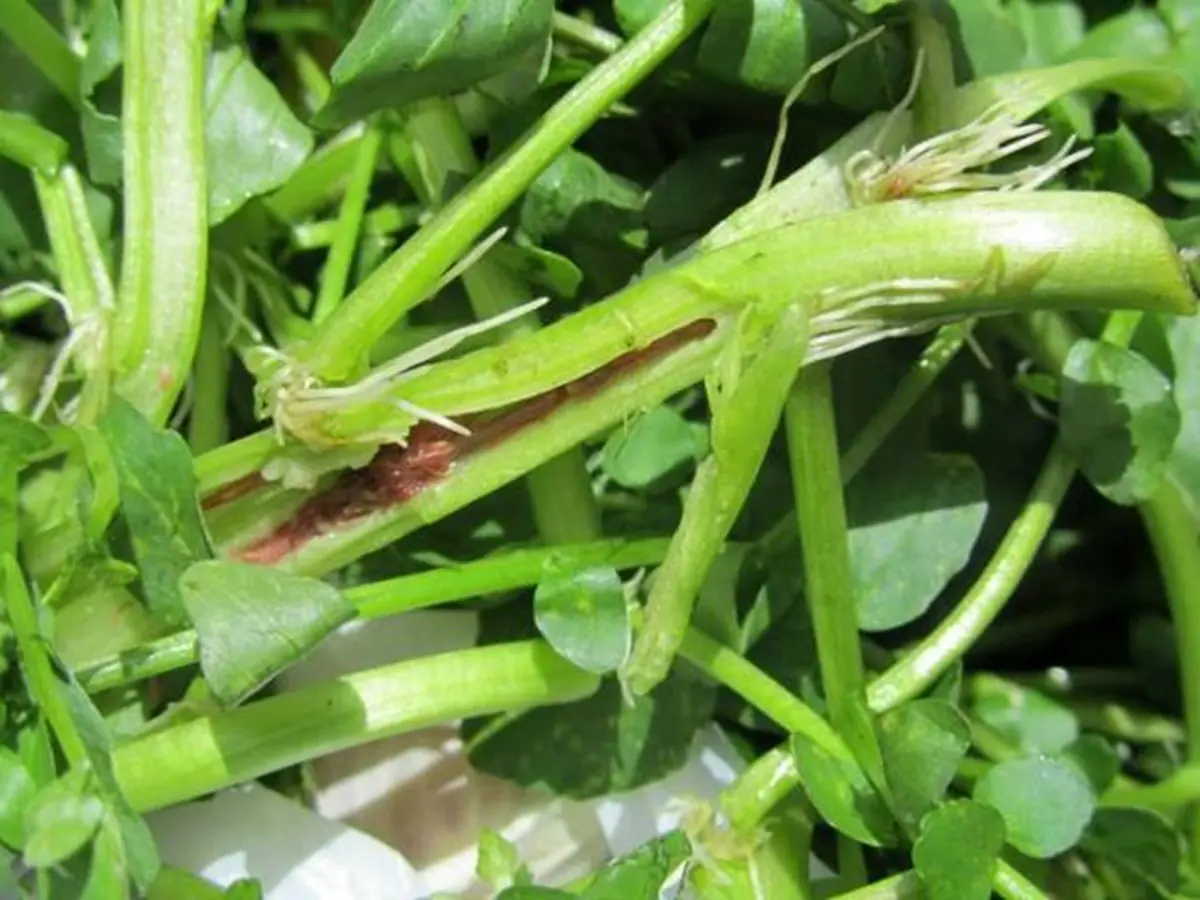
2 Common Vegetables That Can Harbor Parasites

The 'Vitamin C King' of the Vegetable World

Avoid Swimming If You Spot 'Square Waves'

3 Green Vegetables Called the “King” of Sto.mach Protection

Why You Should Not Bring Seeds on a Plane: A Detailed Explanation

Bladder Ca.ncer: Symptoms You Shouldn’t Ignore
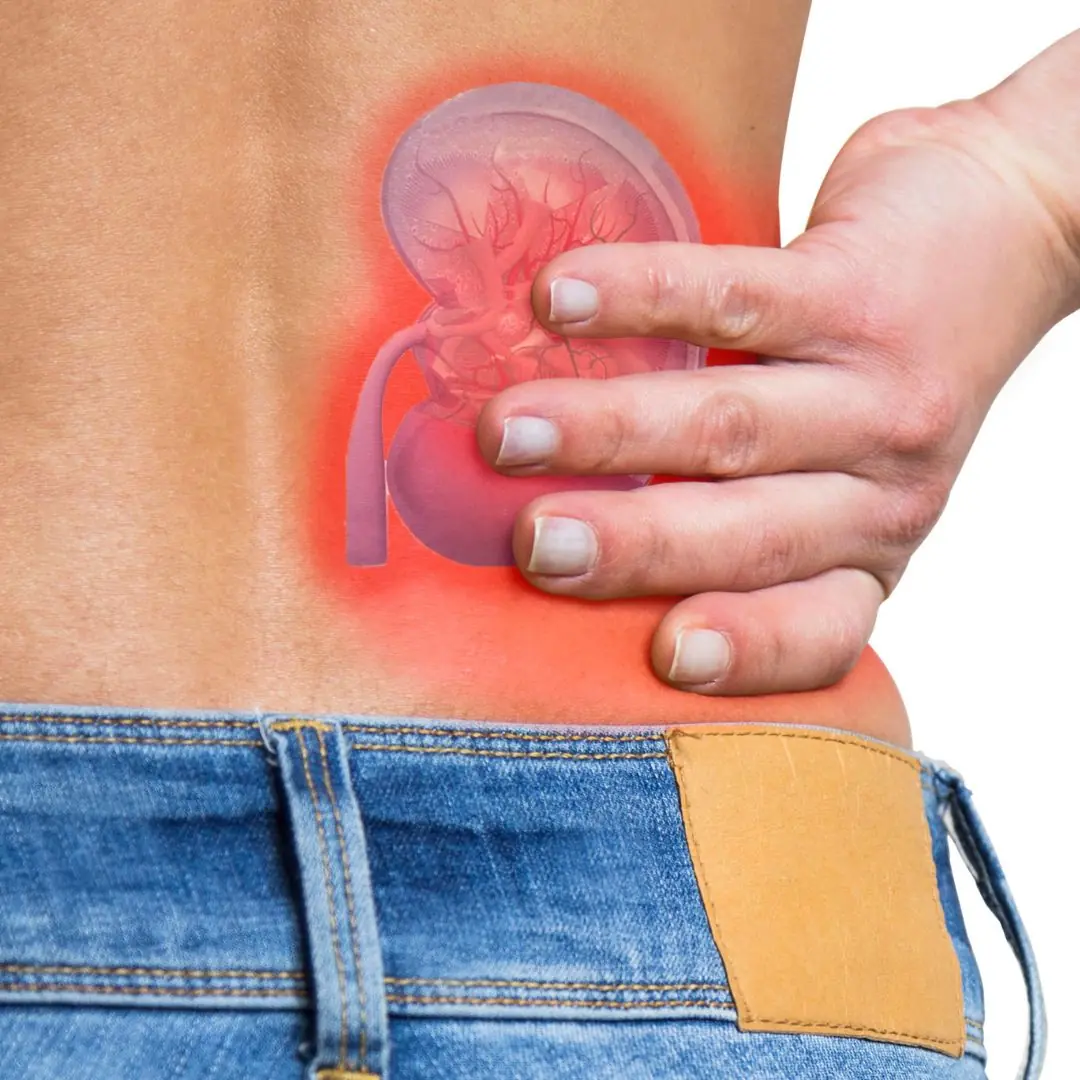
4 Healing Drinks to Prevent and Dissolve Kidney Stones

10 Powerful Reasons a Simple Smile Can Change Your Life

The Surprising Benefits of Donating Bl.o.od

5 types of vegetables and fruits help cool the liver and effectively lower liver enzymes

Top vegetable to help reduce visceral fat extremely effectively, nutritionist reveals 4 more easy ways to lose weight

Woman Sudden Kidney Failure After Meal: Doctor Says “This Vegetable Is Poisonous… You Shouldn’t Eat It”
